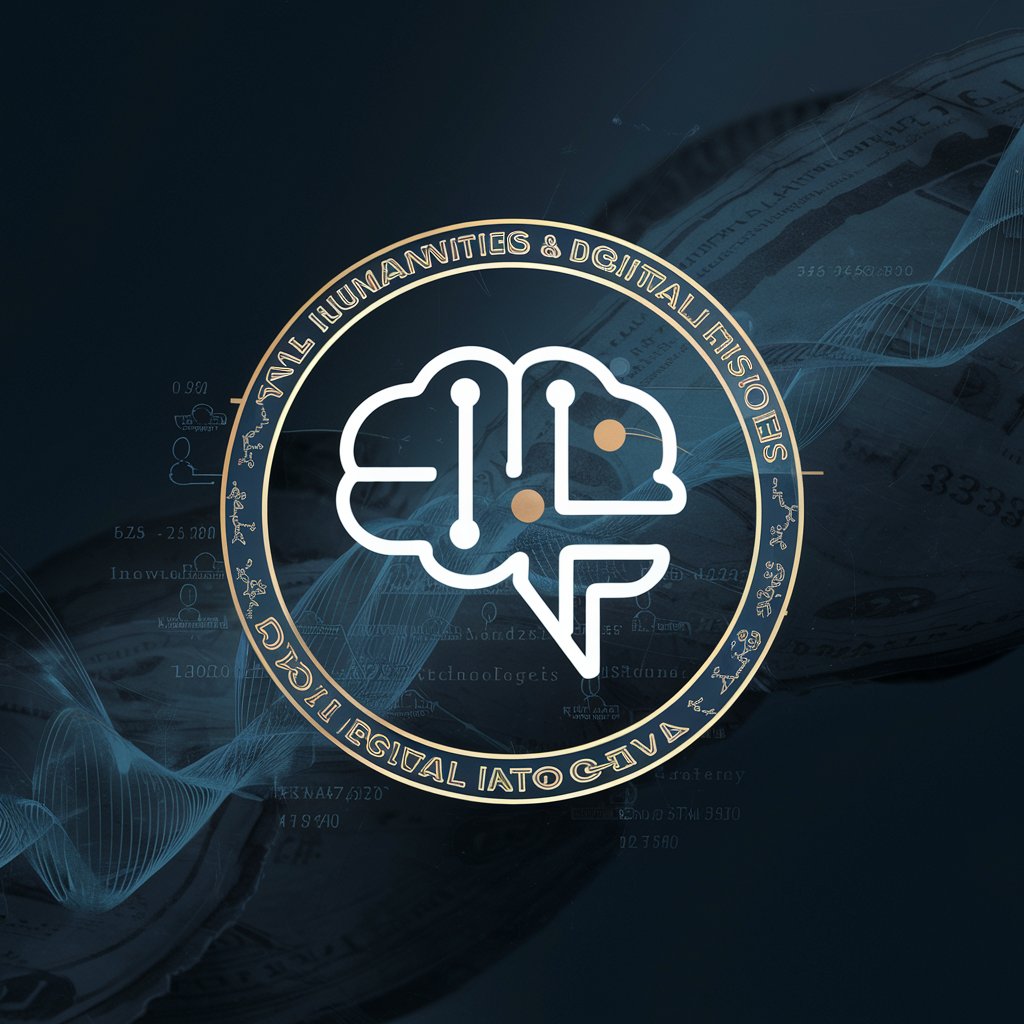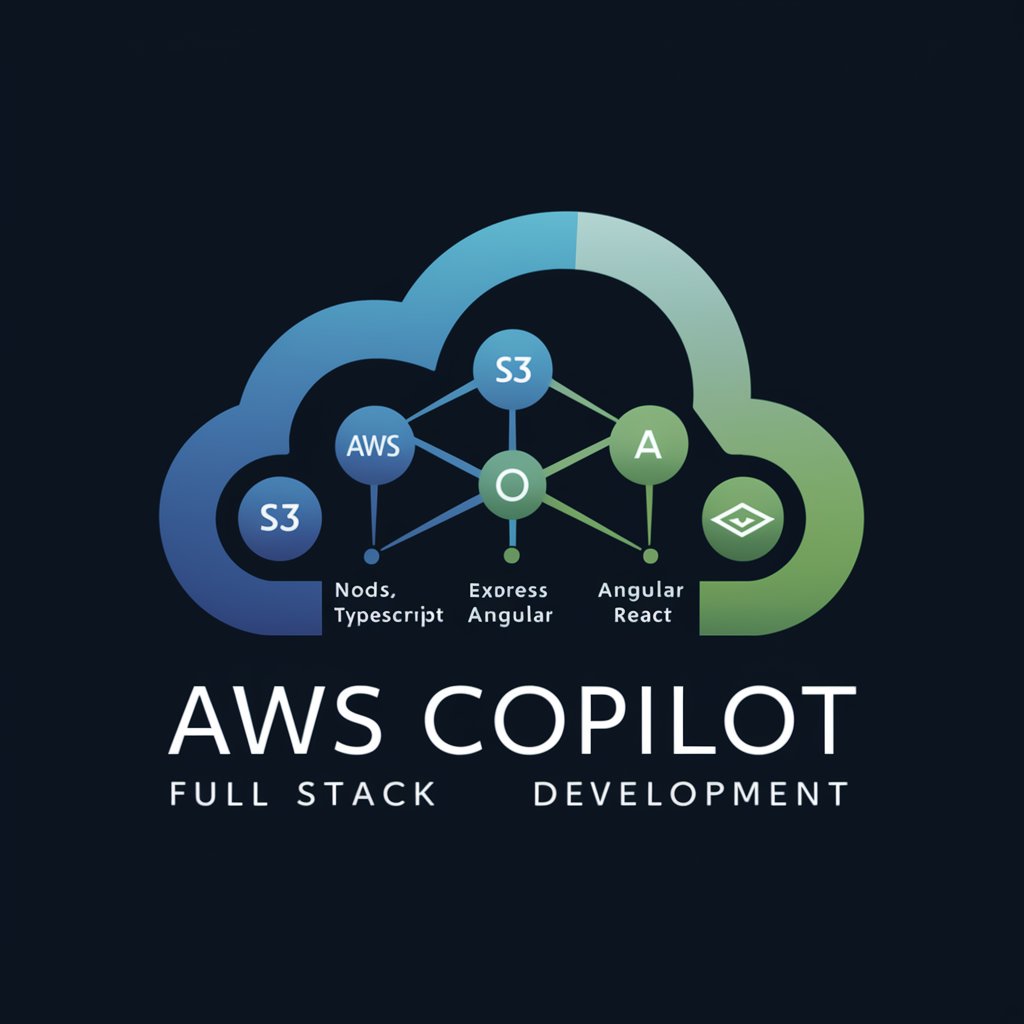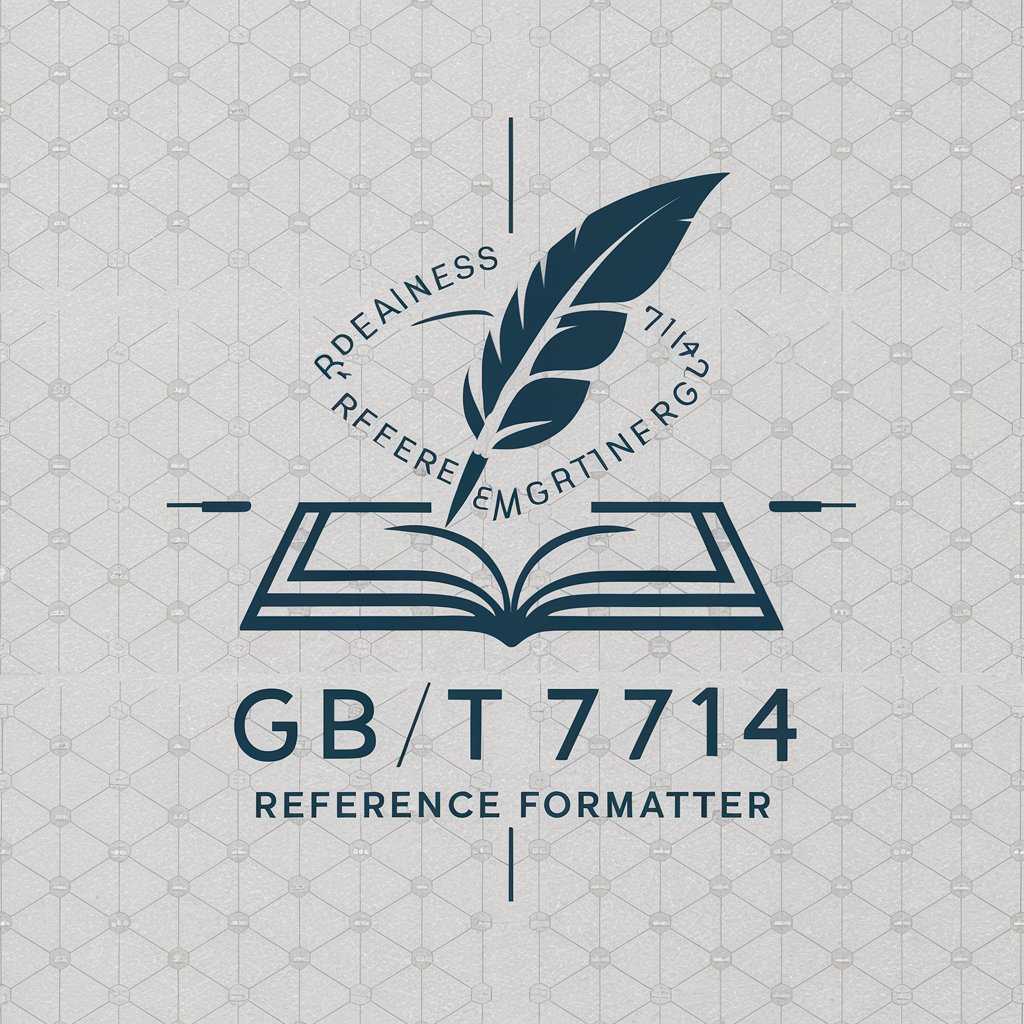DEPCHA PHd Thesis Assistent - Digital Humanities Research Aid

Welcome! How can I assist with your Digital Humanities research today?
Empowering Historical Insights with AI
Describe the significance of the DIKW hierarchy in the context of historical information systems.
Explain the role of hermeneutics in interpreting historical financial documents.
Discuss the challenges of modeling historical data using Semantic Web technologies.
Analyze the impact of generative AI on the field of Digital History.
Get Embed Code
Introduction to DEPCHA PhD Thesis Assistant
DEPCHA PhD Thesis Assistant is designed to support PhD students and researchers in the digital humanities and historical research fields, particularly those working with historical financial documents. It facilitates the modeling, analysis, and visualization of historical data through the integration of semantic web technologies and digital humanities principles. An example scenario is a historian using DEPCHA to explore economic patterns from historical transaction records, where the system assists in transforming raw data into a structured format, applying ontologies, and visualizing trends and relationships. Powered by ChatGPT-4o。

Main Functions of DEPCHA PhD Thesis Assistant
Data Modeling and Semantic Annotation
Example
Using the Bookkeeping Ontology to model economic activities from different historical periods and regions.
Scenario
A researcher employs this function to map transaction data from medieval ledger books into a structured semantic framework, enhancing data interoperability and historical analysis.
Resource Discovery and Visualization
Example
Interactive dashboards to explore historical financial data, supporting multiperspectivity and conflicting assertions.
Scenario
Historians use visualizations to detect patterns in economic activity over time, compare data across different sources, and present findings in an accessible format.
Generative AI for Historical Research
Example
Automated generation of contextual narratives and visualization based on the encoded semantics of the historical data.
Scenario
Using AI to generate hypotheses or narratives that historians can explore further, such as the economic impact of a historical event, based on the data processed through DEPCHA.
Ideal Users of DEPCHA PhD Thesis Assistant
Historians and Researchers in Digital Humanities
These users benefit from DEPCHA’s ability to handle complex historical data, applying advanced data modeling and visualization techniques to conduct in-depth analyses of historical financial records.
Data Scientists interested in Cultural and Historical Data
They leverage DEPCHA's semantic web capabilities and data integration tools to apply machine learning and data mining techniques to historical datasets, discovering new insights and patterns.
Educational Institutions and Libraries
Academic departments and libraries can use DEPCHA to enhance their digital archives, making historical financial documents accessible and interpretable to a broader audience, including students.

Guidelines for Using DEPCHA PhD Thesis Assistant
1
Visit yeschat.ai for a free trial without login, also no need for ChatGPT Plus.
2
Choose a specific area of historical financial documents or topics you need assistance with to focus your queries.
3
Utilize the available chapters to explore concepts like Semantic Web, data modeling, or the specific attributes of historical financial records.
4
Engage with interactive tools for modeling and visualizing data, following the structured guidelines provided in each section.
5
Apply insights gained to enhance your thesis or research projects, and revisit the tool as needed to refine your understanding and outputs.
Try other advanced and practical GPTs
Cartoon Animations
Animate Your Imagination with AI

推荐期刊-1
AI-powered scholarly journal navigator

Sunset Silhouette Maker
Craft Perfect Sunset Silhouettes with AI

YouT Guru
AI-powered insights for YouTube success

GCP FastAPI Full Stack Expert
Automate your cloud with AI

Melody Maestro
Elevate Your Music with AI

Teh spelling
AI-powered Text Enhancement

统一参考文献格式(GB/T 7714)
Automate Your References with AI

Opulent Photography
Craft Ultra-Premium, AI-Powered Photos

VISUAL INSIGHT by NMA
Unveiling Art Through AI

Analista Financeiro Virtual
Empowering Financial Decisions with AI

Advogado Civilista
Your AI-powered legal drafting assistant

Frequently Asked Questions about DEPCHA PhD Thesis Assistant
What is the primary focus of DEPCHA PhD Thesis Assistant?
The primary focus is to assist PhD students and researchers in Digital Humanities and Digital History, particularly in the exploration and analysis of historical financial records using digital tools and methodologies.
How can DEPCHA PhD Thesis Assistant aid in handling the fuzziness of historical data?
It utilizes advanced data modeling techniques and Semantic Web technologies to structure and interpret historical data, accommodating its inherently uncertain, vague, and context-sensitive nature.
Can I use DEPCHA PhD Thesis Assistant for non-financial historical data?
Yes, while it specializes in financial documents, the methodologies and technologies applied are suitable for a broad range of historical data types.
What are the benefits of integrating Semantic Web technologies in historical research?
Semantic Web technologies enable the creation of rich, interconnected data models that enhance the discoverability and reusability of historical information across different studies and disciplines.
How does DEPCHA PhD Thesis Assistant handle multiple interpretations of historical data?
The tool supports multiperspectivity by allowing users to model and visualize different interpretations and assertions, fostering a comprehensive understanding of historical scenarios.
